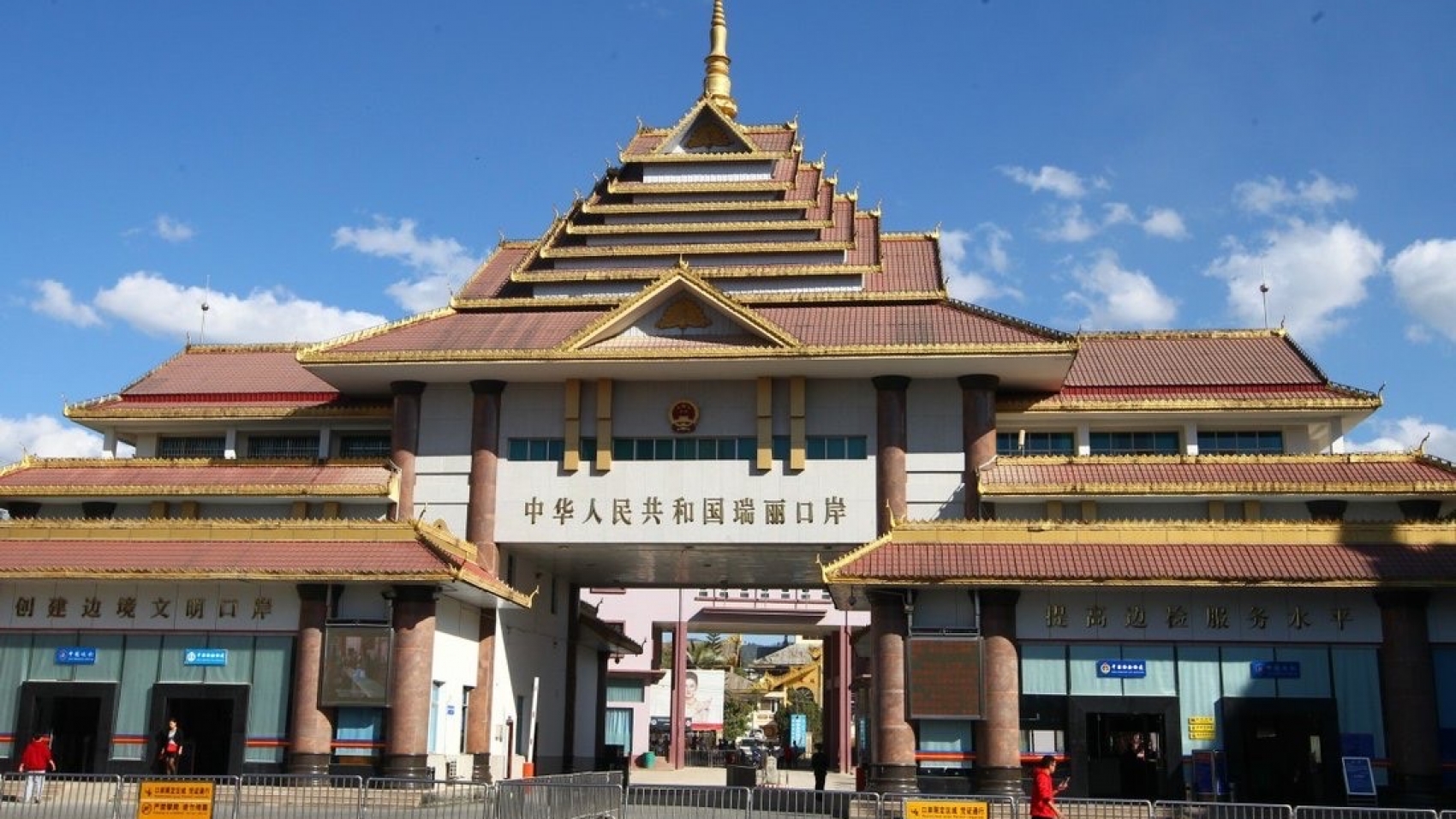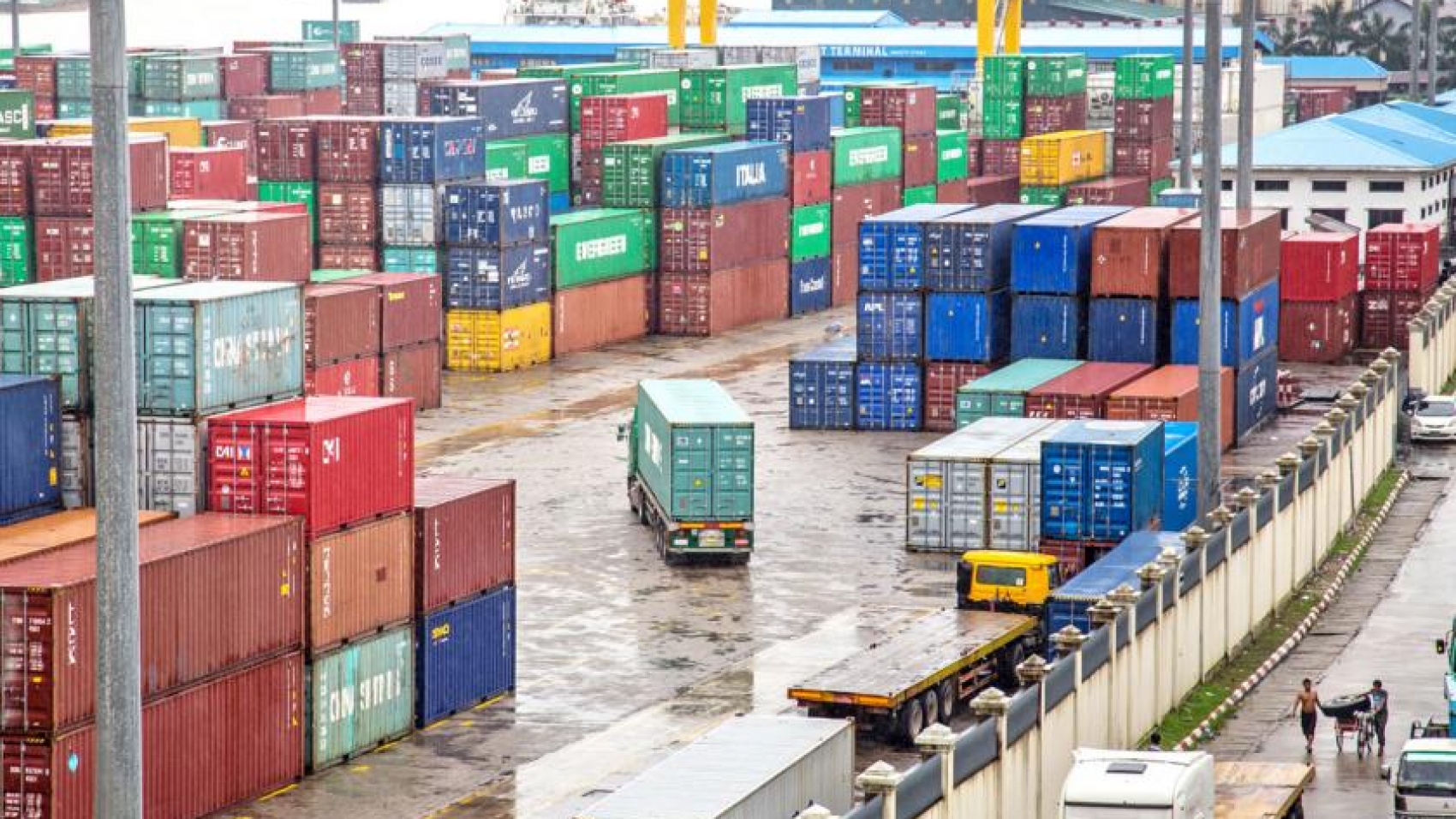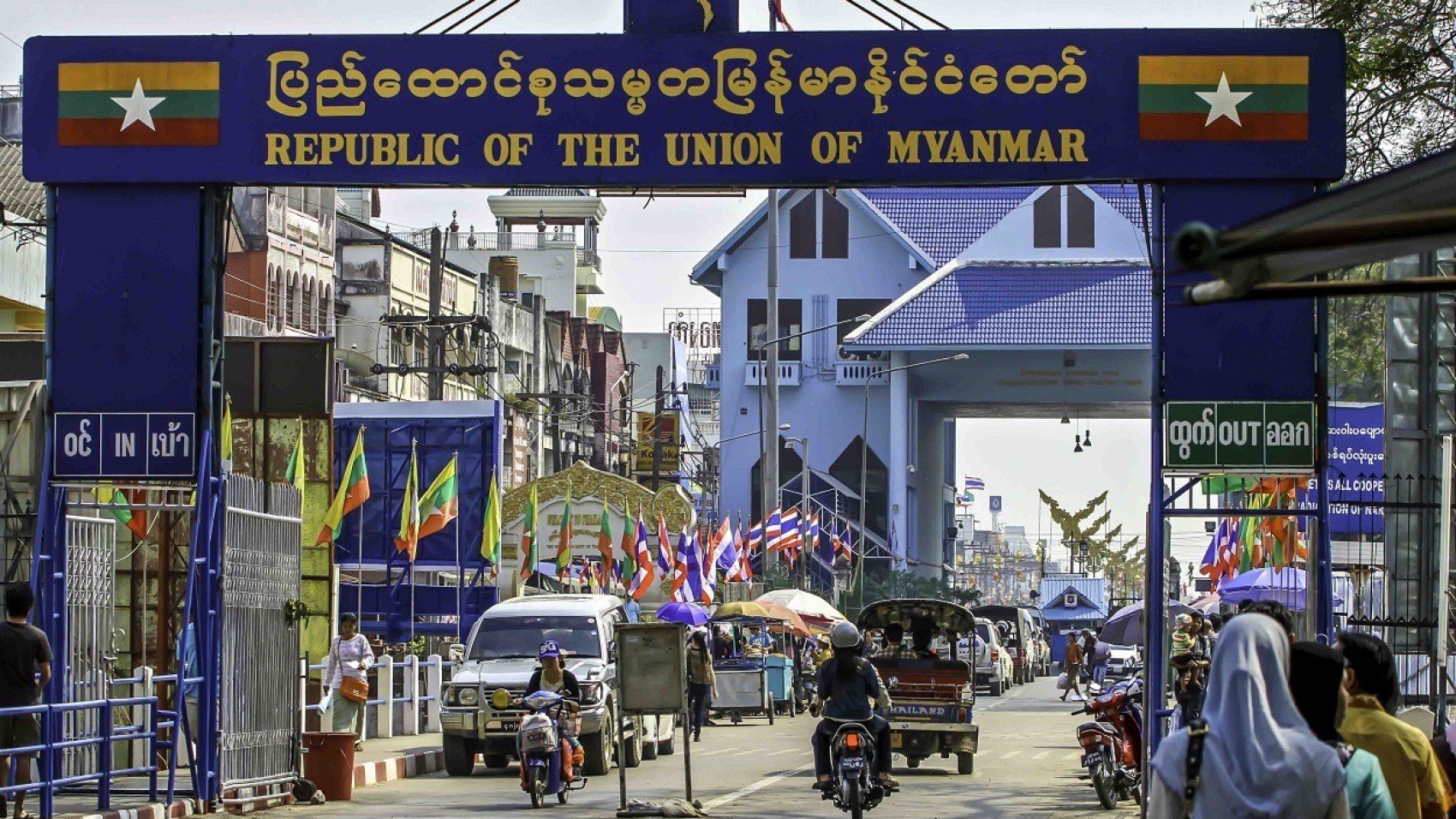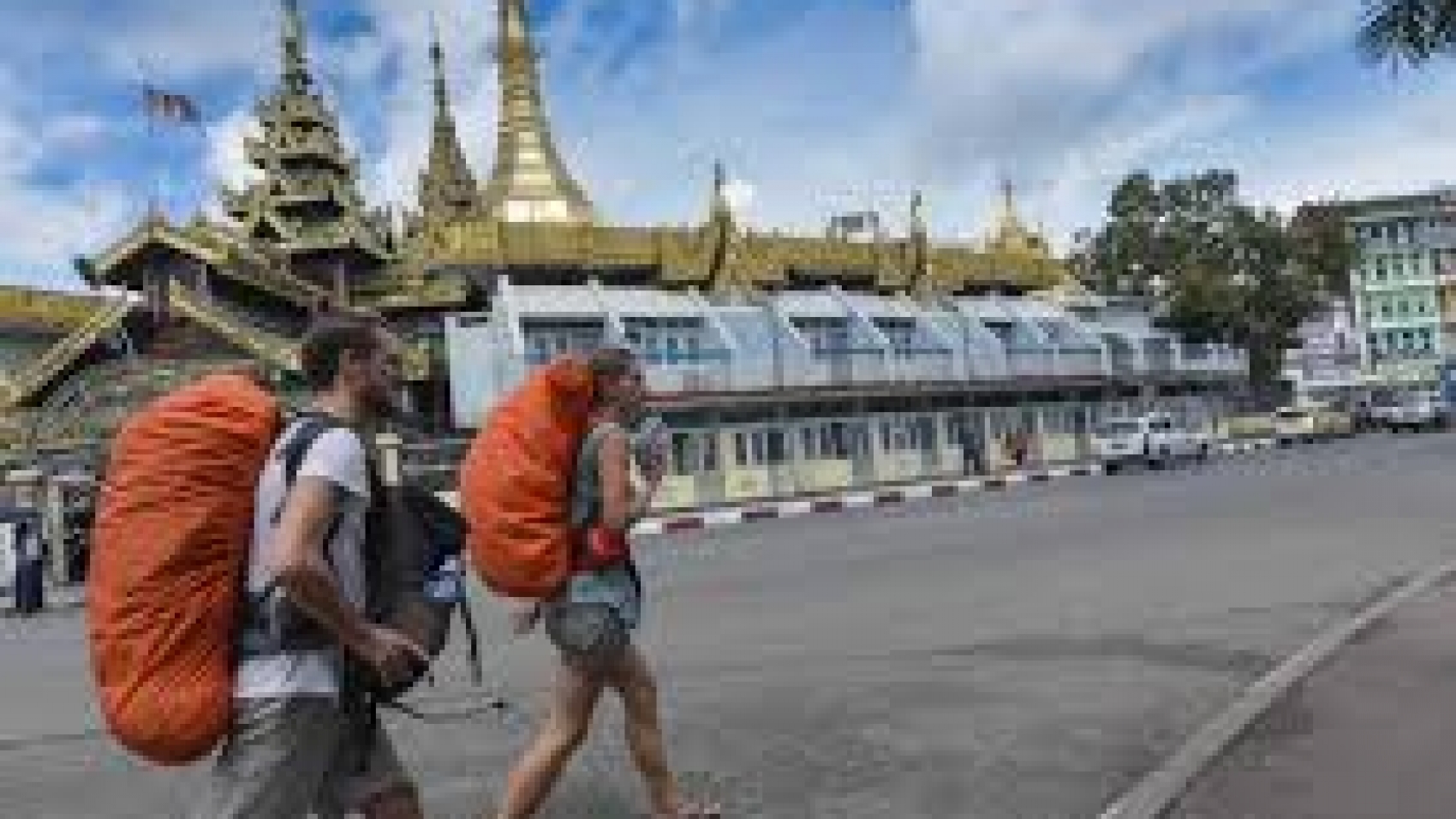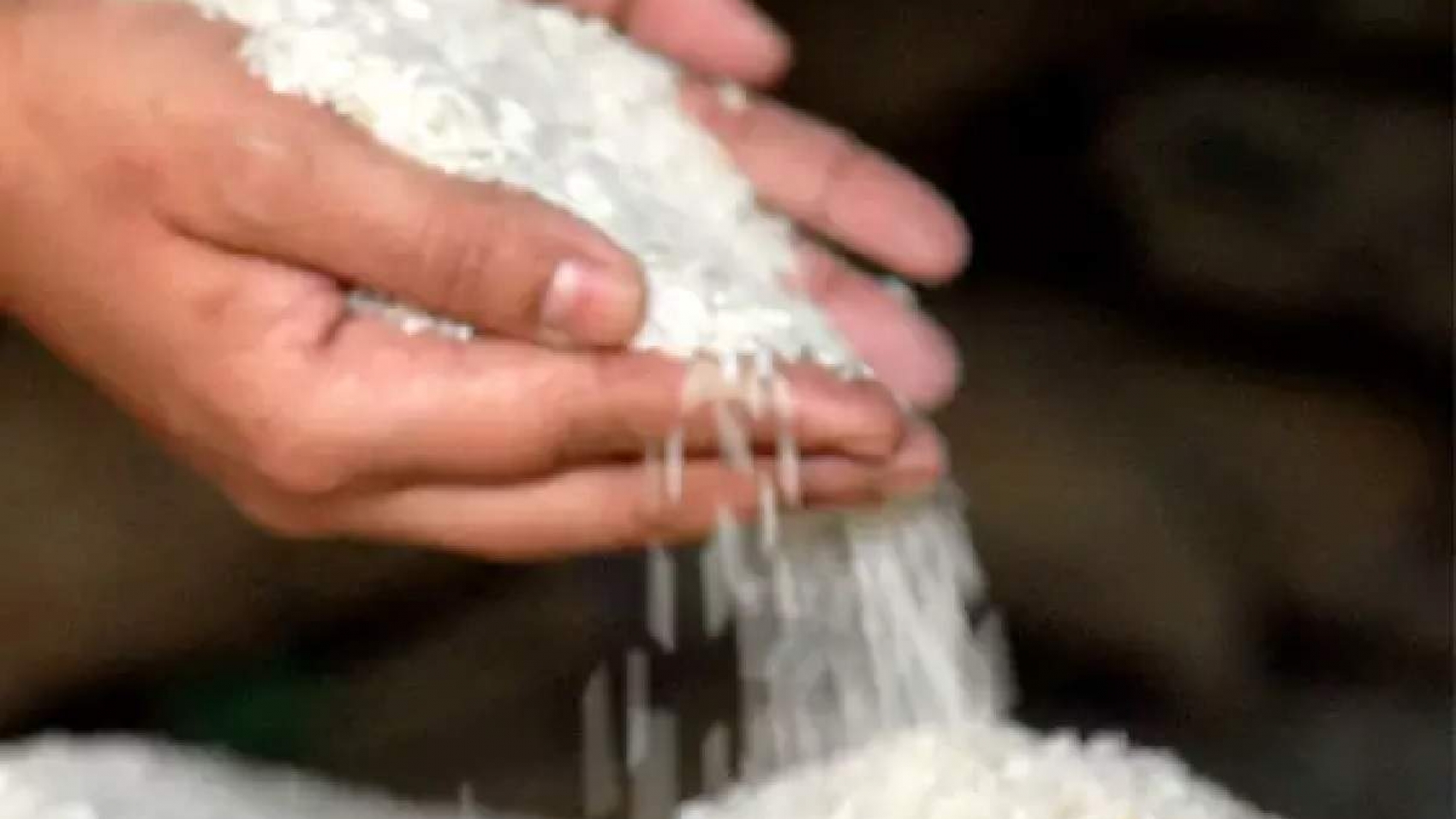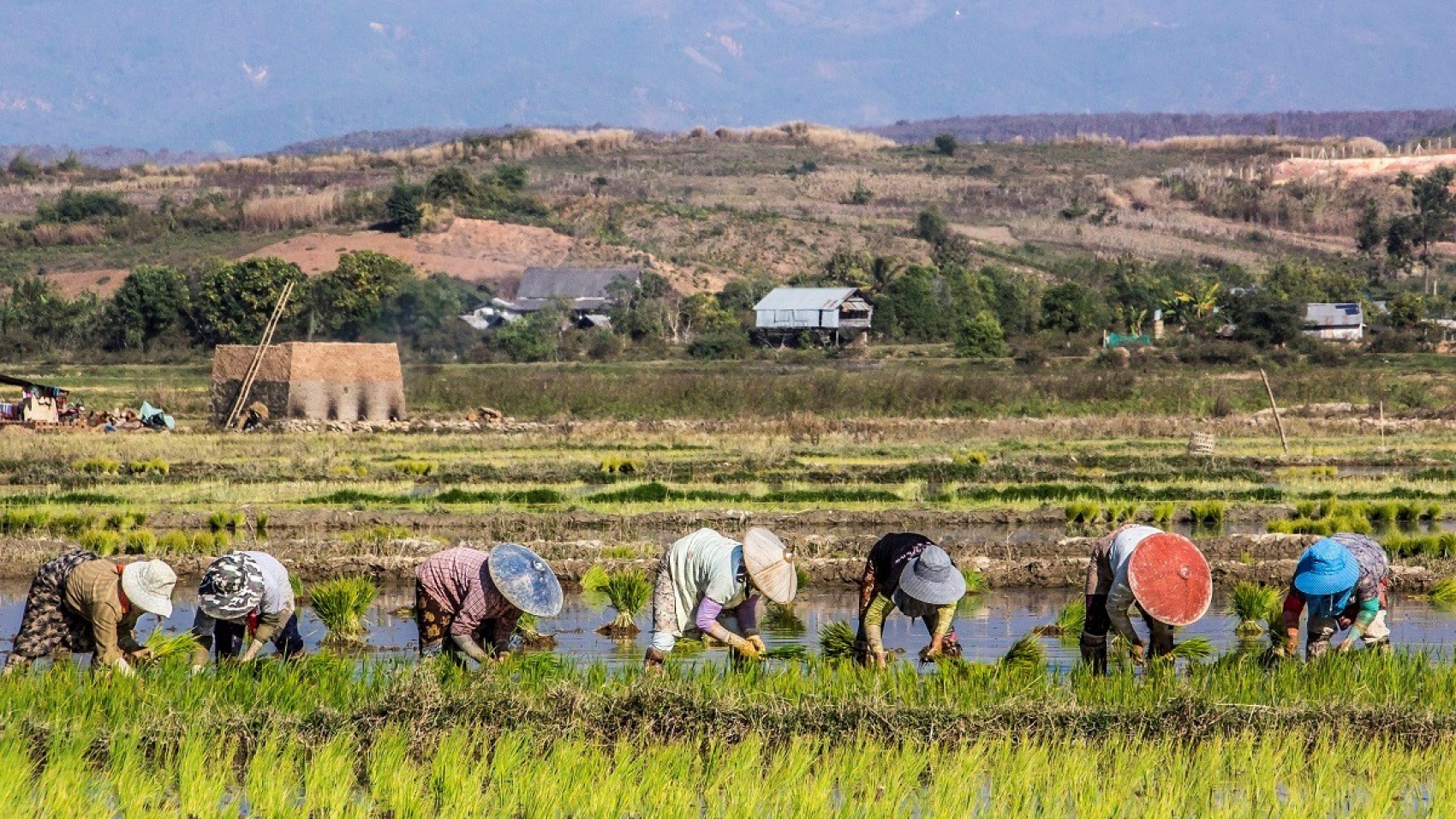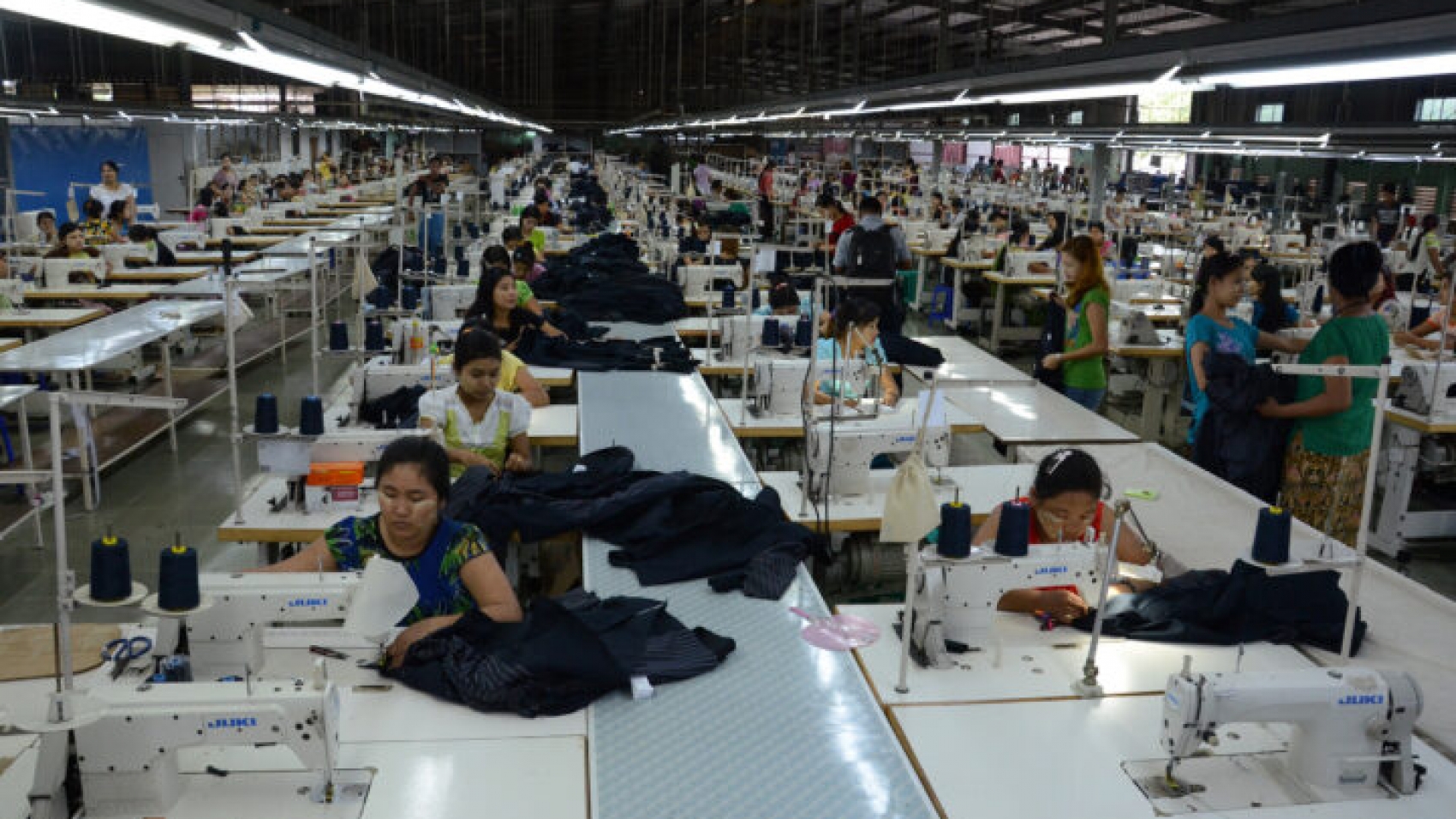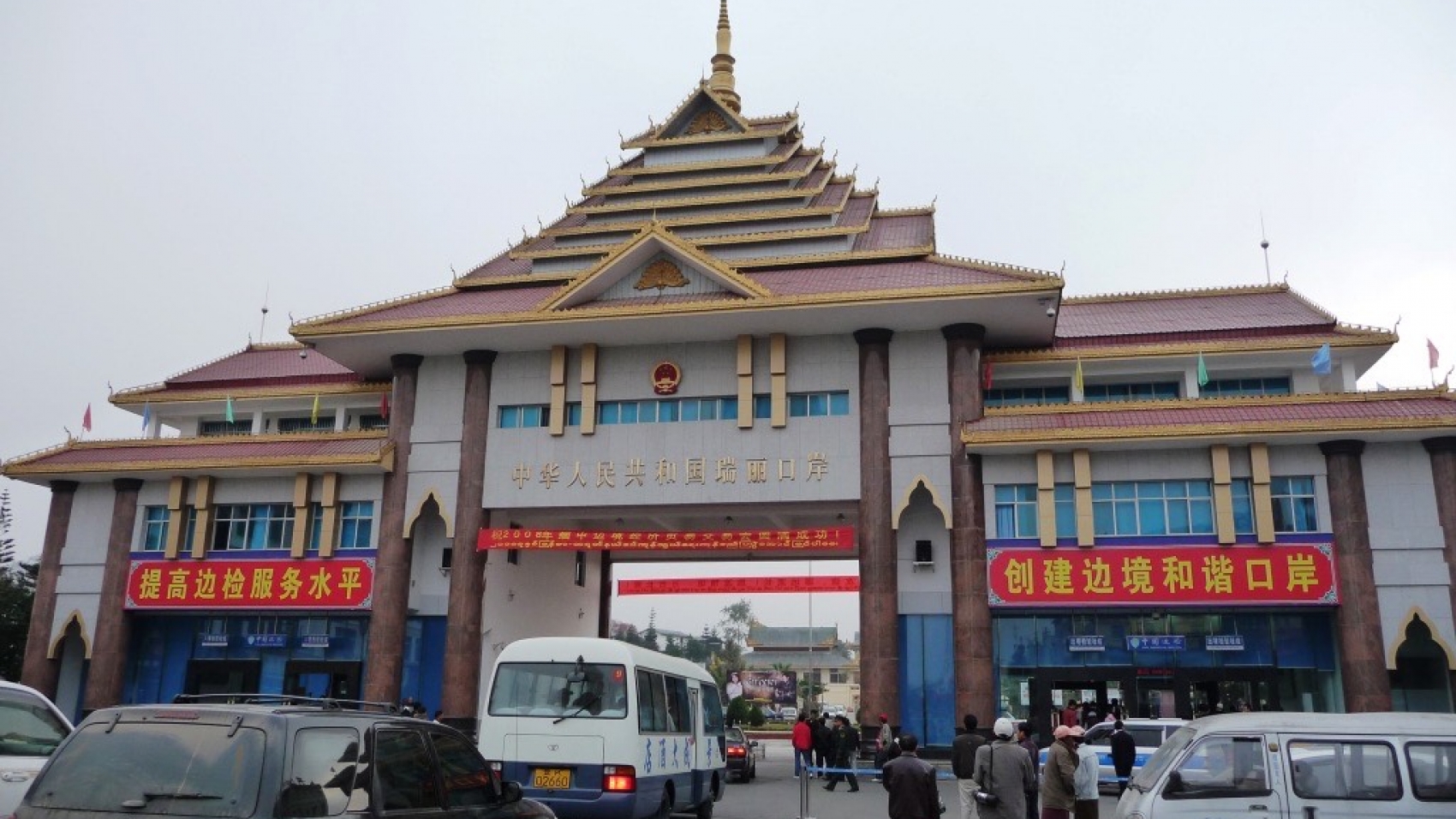Muse border trade comes to the verge of standstill following the detection of the coronavirus case in the border market, said the vice-chair of Muse Rice Wholesale Centre. On 29 March, one Myanmar citizen tested positive for COVID-19 was found in Kyalgaung precious stone market, prompting China to restrict border access at the Man Wein checkpoint, which is a major border crossing between Muse and Kyalgaung areas. Man Wein post has been closed down since 12:30 pm of 30 March. Man Wein is the important cross-border point between Myanmar and Ruili, China.
Following the detection of coronavirus case in Kyalgaung border, the Ruili Kyalgaung river crossing is also closed. The coronavirus tests and vaccination are now offered in Kyalgaung. Furthermore, China imposed the lockdowns on Kyalgaung and Ruili cities between 1 and 7 April, Muse Rice Wholesale Centre stated. Consequently, there is no trade flowing in and out of the country via the Muse border, and the Muse border nearly comes to a halt. However, Kyinsankyawt and Wan Ding posts give the green light to over 400 watermelon trucks.
Around 400 trucks of watermelon and muskmelon daily enter China via Kyinsankyawt and Wan Ding posts. They do not need to pass the Man Wein checkpoint for Ruili. The watermelon trucks are the exception. To summarize, rice, broken rice, sugar, corn, fishery products, and other consumer goods cannot be traded for now. Since early March, Muse border trade has returned to normal, with a thousand trucks daily plying to and from Muse border. Myanmar is daily shipping rice, broken rice, green grams, peanuts, various pulses and beans, onion, chilli, fishery products, consumer goods, watermelon and muskmelon to China with over 700 trucks through the land border. Meanwhile, building materials, electric appliances, medical devices, consumer goods, and fertilizer are imported daily with 200 trucks.
Source: The Global New Light of Myanmar

